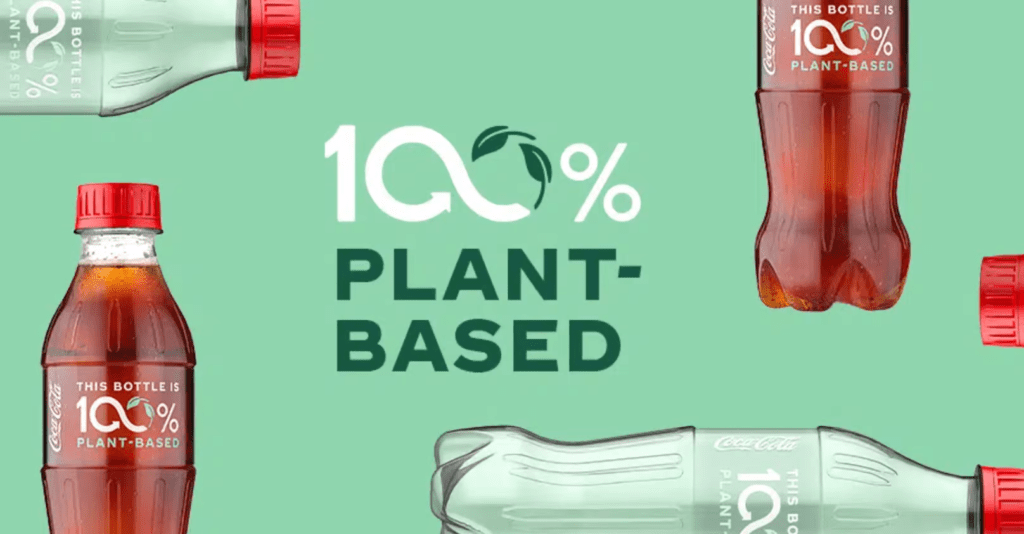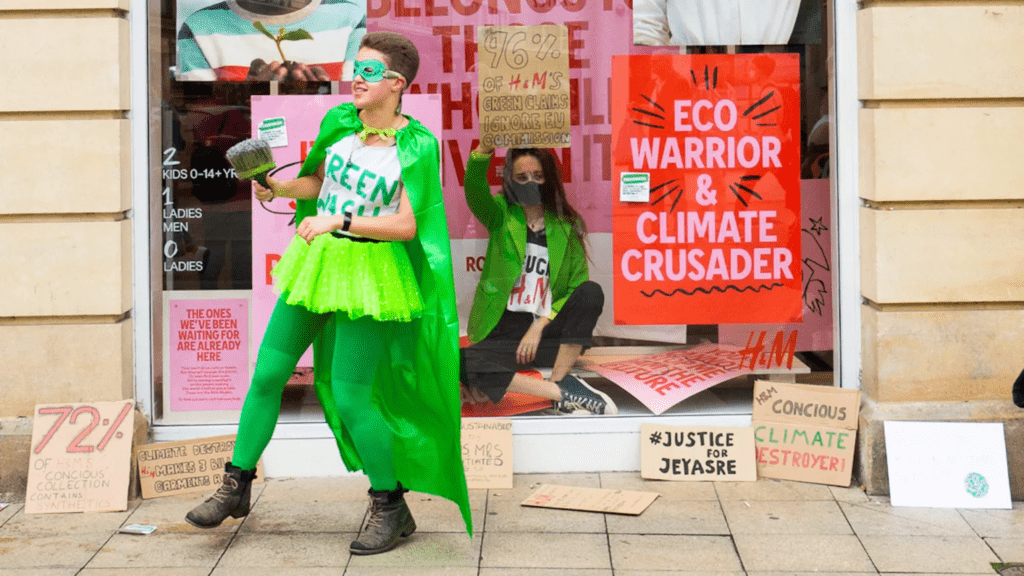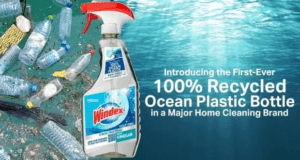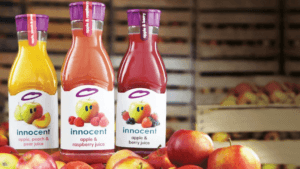Governments are strengthening environmental laws on business, and consumers are increasingly choosing to do business with companies they believe to be environmentally conscious. In order to survive, businesses need to appear sustainable and green. And this is what Greenwashing is, the companies which showcase as being green but actually are not.
According to a recent McKinsey research that included respondents from North America, Europe, and Asia, 66% of respondents considered sustainability and environmentalism while making purchases.
No matter how environmentally unfriendly brands are, it is all about putting themselves on a green front. The attention is beneficial in and of itself. A company’s legitimate green initiatives may backfire when clients learn they’ve been misled.
What is Greenwashing?
Greenwashing is an effort to improve the brand’s reputation by offering goods and services with fictitious claims of environmental benefits.
It’s a strategy that puts a greater emphasis on marketing a product as being environmentally friendly than on really lessening its impact.
Let us talk about few of the brands that were called out for false sustainability claims:
Ikea:

Image Source: Euronews
One of the prime examples of greenwashing is Ikea. As per a Euronews report, according to Ikea, waste wood is used to manufacture furniture, materials for home décor, and much more. Recently they have also come up with a new marketing campaign to buy your old and broken furniture or wood in order to reuse it , saving the environment and providing people with the best sustainable furniture. IKEA UK & Ireland’s chief sustainability officer, Peter Jelkeby, claims that the company is reusing a lot more IKEA items and developing new, simple, and cost-effective ways to support people in leading more sustainable lives.
It is difficult to envision sustaining a sizable low-cost furniture brand despite the fantastic concept. Ikea used only 13.56M cubic meters of wood in 2017 excluding paper and packing. IKEA’s pledge to safeguard the environment raises a lot of questions. How does company’s website mention “zero waste” despite using excessive packaging? This is how Ikea deceives consumers into purchasing faux sustainable goods.
Coca Cola:

Source: Newatlas
Coca-Cola stated that the environment was one of its top priorities as it “works towards its 2030 Science Based Target of an absolute 25% Emissions Reduction and its ambition to be net zero carbon globally by 2050” in the statement from the CoP27 president. But people have caught their false sustainability claims. Independent global campaign network, Greenpeace USA tells us that Coca-Cola manufactures 120 billion disposable plastic bottles annually, and since 99% of plastics are made from fossil fuels, the plastic and climate crises are getting worse. It still hasn’t even acknowledged that this is an issue or provided an explanation of how it intends to accomplish its climate targets while continuing to use plastic.
Volkswagen:

Source: Wikipedia
Volkswagen heavily marketed its diesel vehicles in the US for their low emissions. But in September, the Environmental Protection Agency (EPA) discovered that many Vokswagen cars sold in America had “defeat devices”or software in diesel engines that could recognise when they were being tested and adjust their performance to get better results. This is how Volkswagen is making use of greenwashing marketing.
H&M:

Image Source: BigIssue
H&M is another company to use “greenwashing” to market more products to ethical consumers. According to BigIssue, The H&M Conscious line gave the impression of being more environmentally friendly than it actually was because Piatex, an unsustainable leather substitute, was used in place of products made of fossil fuel-based plastics. Additionally, it has been established that H&M exploits its employees and places them in hazardous working conditions. Injustice toward workers cannot be justified in any text. H&M used a scoring system in order to educate customers about how their product is sustainable; however, according to a Quartz article, more than half of the scorecards exaggerated the products’ environmental friendliness.
Nestle:

Image Source: Nestle
Plastic waste is one of the major global environmental problems in the world. It’s found in seas, oceans, and land, causing major water pollution. Nestle committed to making all plastic packaging 100% recyclable or reusable by 2025. Graham Forbes, a Greenpeace oceans campaigner, said Nestlé’s statement on plastic packaging contains more of the same greenwashing baby steps to address a catastrophe that it helped to create. Greenpeace criticized Nestlé’s statement for lacking specific goals or a timeline to eliminate single-use plastics.(Source)
BP:

BP has been deceiving the public by portraying itself as a sustainable oil brand for a very long time. ClientEarth, a non-profit legal organization, took action against false low-carbon credentials and exposed greenwashing through legal proceedings.
Starbucks

Image Source: Starbucks Twitter
Starbucks committed to providing green sustainable reusable cups and banning plastic straws to reduce plastic waste. But actually are they just showcasing sustainability in front of the customers? Is it really true or just Greenwashing? A tik toker personality showed a clipped to the audience revealing the starbucks greenwashing truth- Brought my own tumbler to Starbucks. They made the drink in the normal plastic cup and transferred the coffee into my tumbler, and threw the plastic cup in the trash.”
Windex:

Windex The Ocean Plastic bottle asserts to be the first window-cleaning container made entirely of recycled ocean plastic. S.C. Johnson alleges that consumers were duped into thinking the Windex goods had received third-party certification for being ecologically friendly when in fact the mark was self-created. The manufacturer had not altered the components of its Windex products, which contain hazardous compounds that endanger children and wildlife. (Source)
Image Source: Moxiefuture
Innocent:

Innocent drinks faced “greenwashing” charges by plastic pollution activists over an advertisement that stated buying their smoothies could help save the environment.(Source)
Image Source: Innocent
Ryanair:

Image Source: BBC
The irish airlines, Rynair claimed that they are sustainable. Ryanair charged with greenwashing by UK advertising watchdog. The ASA banned Ryanair’s claim of being “Europe’s lowest fares, lowest emissions airline” for being misleading.Ryanair claimed customers’ carbon footprint would halve if they switched to the airline after the ban. It occurs at a time when the UK aviation sector made a commitment to become net carbon emissions zero by 2050.
The bottom Line
The subject of sustainability is quite broad and complex. It is neither clear-cut nor simple to put into practice. Everyone is culpable for the disastrous effects of fashion on society and the environment.
However, all organisations should be concerned about false environmental claims. They harm the sector as a whole and persuade customers to doubt future sustainability claims.
We must substantially speed up our efforts towards sustainability. As consumers we must be aware of how our purchase choices affect the environment, the people who inhabit it and the creatures that call it home.










